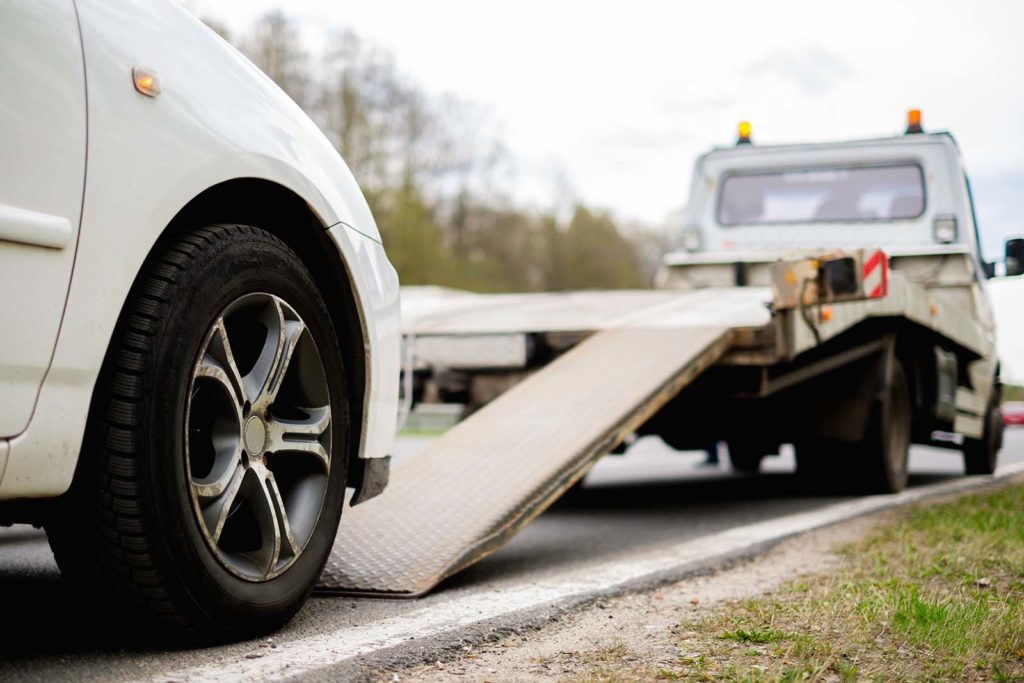Contents
If you’ve fallen behind with your debts, there is a chance that your creditors may decide that it is time to collect what you owe. Debt collection is commonly understood to mean that your creditors will call in your debts and take any appropriate enforcement action needed to settle your account. Despite this, few debtors will have an in-depth knowledge of how the debt collection process works and what they can do to protect their interests.
Fortunately, debt collection is governed by fairly strict rules and regulations that not only dictate the steps that creditors should take before pursuing more intrusive forms of debt enforcement but also protect debtors by granting them certain rights.
Keep reading to learn more about the debt collection process, which parties you can expect to be involved, and what your rights are.
What is the Debt Collection Process?

There is no single debt collection process that is used across the board, and different creditors approach collecting what is owed to them in quite separate ways. The speed at which they act, their approach to dealing with debtors and their internal processes will differ from one creditor to the next – but despite these differences, there are likely to be some common features of the way in which companies and individuals enforce debts.
The process will most often start with a letter, or series of letters, from your creditors seeking to recover the debt and providing you with a warning that may set out what further action they intend to take. By knowing what to expect from creditors, debtors can prepare themselves and make informed decisions to deal with their situation.
The Diligence Process in Scotland
Diligence is a term used to describe various processes of debt enforcement that are subject to Scottish law. Creditors can use diligence if a debtor fails to pay what they owe but must seek a court order (known as a decree) or another official document before taking action.
There’s no denying that diligence can be complex and there are many potential routes that the process can take depending on the circumstances of a case. It’s therefore important for debtors to know their rights and to have a general idea of what they can expect should their debt problems progress to this stage.
Court Action
In many cases debtors can expect to be taken to court before they ever come into contact with a bailiff or Sheriff Officer. If you cannot keep up with debt repayments and are unable or unwilling to explore a debt solution you may be unable to avoid your creditors taking legal action as the first step towards enforcement.
Court action taken against you could take any one of a number of forms, depending on your circumstances and debt status. The action that you need to take, whether to protect your interests or to comply with rules and orders set down by a court, will vary depending on the relief sought out by your creditors. This could include, for example, seeking a County Court Judgment (CCJ) made in respect of a debt you owe, after which continued failure to pay could result in an Attachment of Earnings which facilitates debt payments being deducted directly from your wages, amongst other things.
Who can enforce a debt?

Although your creditors are likely to make direct contact with you in one way or another, responsibility for any physical presence required to collect a debt is likely to fall to authorised parties such as Bailiffs or Sheriff Officers (in Scotland).
Bailiffs
Bailiffs, who known also by their official name as ‘enforcement agents’,are professionals who have the legal authority to identify, remove and sell your goods in order to pay your debts – along with performing other duties such as court-sanctioned evictions. For the most part, their involvement will come after a creditor has taken you to court in England, Wales or Northern Ireland.
Dealing with enforcement agents can be a daunting process and agents can sometimes seem intimidating. Despite this, debtors who are visited by bailiffs do have rights and all enforcement agents are obliged to act according to a code of conduct. If you’re in debt and worried about the involvement of enforcement agents, learning more about what they are permitted to do, along with other key information about their activities, could help to put your mind at ease.
Sheriff Officers
Like enforcement agents, Sheriff Officers are hired by private clients along with local authorities and public bodies to deal with debt enforcement, evictions and other matters in Scotland. They too are limited in the actions they can take, and should provide all debtors that they approach with the relevant paperwork explaining their presence and powers. These may include accessing both open and locked areas of your premises or removing items of property to enforce existing orders.
Debt Collection Agencies
Whilst not strictly comparable to debt enforcement agents or Sheriff Officers, debt collection agencies are companies that specialise in dealing with debts where a creditor has struggled to get a debtor to repay. Debt collection agencies, or ‘debt collectors’, usually work in one of two ways:
- by purchasing your debt from the original creditor for a reduced amount, a practice which is often permitted under the terms of credit agreements once an account has defaulted; or
- where the original creditor retains ownership of the debt, but engages a debt collection agency to contact you and recover what you owe.
In contrast to enforcement agents and Sheriff Officers, debt collection agencies do not have any additional legal powers and can only recover debts from you in the same way that the original creditor would. This means that most contact with debt collection agencies will occur via letters, phone calls and perhaps texts or emails.
Recovery of Parking Charge Notice and Penalty Charge Notice Debts

Over time many rumours have circulated in relation to Parking Charge Notices and whether or not you have to pay them. Although it is certainly the case that some PCNs are issued incorrectly or on objectionable grounds, many PCNs are in fact payable and the money you owe towards them counts as a debt – with the full range of possible enforcement actions available to creditors attempting to collect what is due to them.
Parking Charge Notices are frequently confused with Penalty Charge Notices, which can be issued for breaking certain traffic rules such as driving in a bus lane, or failing to pay civil charges when entering tolled areas such as the London congestion or low emission zones. Failing to pay a Penalty Charge Notice within 28 days can result in you being issued with a ‘charge certificate’ – which will requirement payment of the original fine plus an additional penalty of 50% within 14 days. If you do not pay at this stage, you will receive a court order demanding payment within a further 14 days, with the potential for enforcement agents to visit your home should you fail to cooperate. Although Parking Charge Notices and Penalty Charge Notices can both be considered a source of debt, it is clear that the penalties for neglecting to pay a Penalty Charge Notice have the potential to spiral into more severe consequences within a shorter time frame.
What are your rights?
Your creditors are entitled to contact you to enforce and collect unpaid debts, provided that you do not have a debt solution in place which prevents them from doing so. That being said, creditors are obliged to act within the law when pursuing any debt you owe to them and it is important to know what your rights are so you can recognise if things go wrong.
Many forms of credit (and creditors by extension) are regulated by the Financial Conduct Authority (FCA) which generally requires fair, transparent and reasonable behaviour. If you have concerns about the way you have been treated by a creditor or feel harassed, it may be the case that you can seek investigation and redress from the FCA, the Financial Ombudsman or another body.

